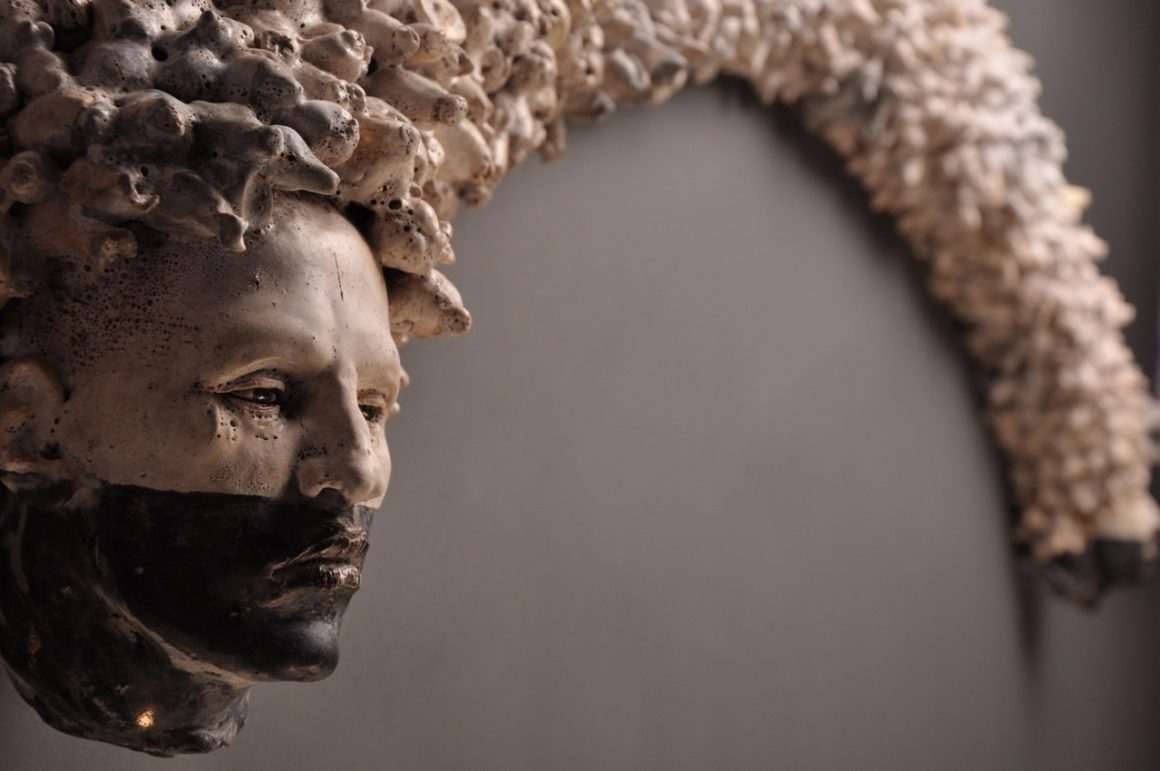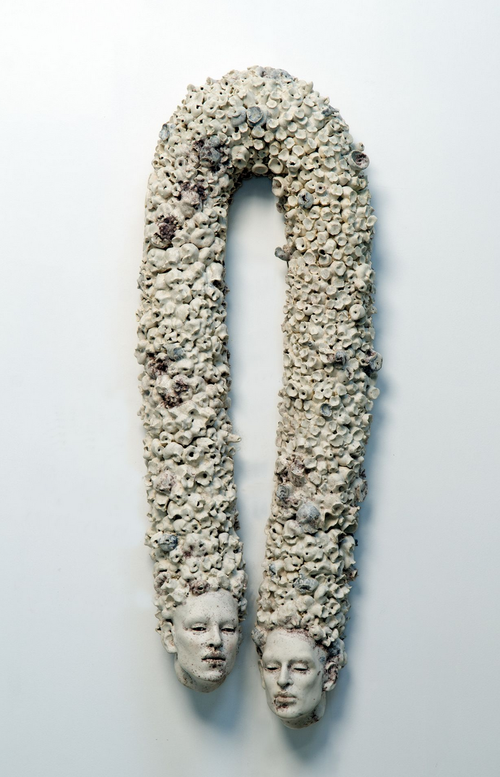
Toward Omnisensitivity: Society, Parenting, Freedom, and Increasing Our Scope of Concern
“For to be free is not merely to cast off one’s chains, but to live in a way that respects and enhances the freedom of others” –Nelson Mandela
With all that’s been going on lately regarding the evocation of “free speech” from hate groups on the right, I wanted to jot down some more reflections on societies, parenting, freedom, and sensitivity.
When thinking and theorizing about “society” as a whole it becomes very abstract and very totalizing very quickly. This is a problem. What happens all too often is that we commit the fallacy of misplaced concreteness, thinking of humans in abstract terms, so much so that we may eventually end up saying very classically liberal/libertarian things like “free speech at all costs.” I’ve written before about how I think reality is constituted of societies all the way down and what I’ve been doing lately is trying to make these conversations more concrete (just for my own benefit and thought experimentation) by drawing parallels between the small society known as the family to the larger society as a whole. I realize that not everything will necessarily scale up from the family to our larger societies, but thinking of societies in this way (as indeed holarchicly nested with many common characteristics) might help a bit with avoiding too much abstraction and totalizing.
One of my axioms is that some type of governance/order is necessary in a society. Even the most hardcore anarcho-primitivists would not disagree with me here. Government is like food: the question is not food or no food, but do we eat healthy food or poisonous food? Likewise, questions of small government or big government are sort of irrelevant in my mind; what we need to ask is: What type of government works best for any given, particular society? Take the family for instance. Many different families have many different ways of organizing and conducting themselves. Some families are more democratic and relational, some families are less democratic and more authoritarian. Some parents are permissive, some are prohibitive and punitive. Obviously, as with most things, there are dignities and disparities associated with being a permissive parent and dignities and disparities associated with being an authoritative and/or prohibitive parent. My point here is that, in the case of parenting, I think it would do us well to focus on the goal of raising healthy, happy, well adjusted, moral, responsible, sensitive, caring and loving children, keeping in mind that these children will eventually become the leaders of our larger society. If we can agree to this then we can ask: How best do we accomplish this? Again, any definitive answers largely depend on particular contexts, but I think we can say a few general things here about the important roles of freedom and sensitivity in societies.
First, freedom. I’ve written about this before, but very briefly, I’m convinced that the more relationships we enter into (or the more aware we become of the always already existing relationality of all things) the more we realize how complete autonomy is simply illusory. Expanding our scope of care/concern for those around us, those that we love, may mean shutting down some possibilities that have always sort of been around for some people (e.g. maybe white people can’t tell racist jokes anymore, or fly Nazi swastika flags. Boo hoo!), but by doing this it also means we open up brand new possibilities that never existed before for all people, especially those who had previously been marginalized precisely because of the existence of these other nefarious possibilities that were only available to the privileged. Now that’s freedom! I think MLK is right, we’re not free until we’re all free. Understanding how our societal systems condition, constrain, and empower certain people over others is absolutely vital.
At this point one may rightly ask the psychoanalytic question: “OK, well doesn’t prohibition just end up fueling desire in the end and making things worse?” And I would agree that, yes, if we’re dealing with self-centered, irrelational, and insensitive people it certainly can. This leads me to want to talk about sensitivity.
One of the things that has become increasingly apparent to me as a parent is that my life has become very complex; my small society, once only consisting of my spouse and me, has grown and gotten more complicated. My life is now overflowing with storgē love, and along with this I’ve become more sensitive than ever as a result. I would argue that good parents are some of the most sensitive people around entirely because they are constantly concerned with the well-being of their children; we can say their scope of care has increased. Now I want to be very clear: my analogy here is less about the State being our parent in the authoritative, punitive, legalistic, infantilizing sense (no one wants an authoritative, vindictive, oppressive, punitive, infantilizing parent OR government ((again, no poison food!))), as it is about the State taking on the virtuous qualities of being responsive, relational, and sensitive like a good parent (viewed positively, the State could also be thought of as a good parent in the sense that it can be a provider of social goods, providing positive liberty or “freedom to”; another topic for another time). In a democracy, the State should be a reflection of the people, and if we are a people who are for the most part raising healthy, happy, well adjusted, moral, responsible, sensitive, caring, and loving people, then it seems our State should reflect this. Perhaps, like good parents in any familial society, the more complex our societies get the more sensitive we all need to become.
…
Sculptures above by Cristina Cordova

[…] be a step in the right direction; i.e. I do think that a centralized governmental power can be a responsible and just provider of social goods, providing positive liberty or “freedom to.” And if, by abolishing the states, losing our […]
[…] I am. I’m not a super big fan of killing things; my personality is such that I tend to be pretty sensitive and do lean toward harmonization, and I’ve publicly expressed my anti-violent views on […]
[…] off, I actually kind of agree with Goldberg’s assessment here. I’ve used the family before as a practical way to think about the abstract concept of a society. I think it works really well. […]
[…] I am completely fine with the cosmo- and exo-theology trend sticking around, and Davis’ book is a wonderful offering to this category. This passage above, from appendix a of the book, about Wieman, not only stood out but has inspired me to read more Wieman because his work has been in my periphery for quite a while as being a religious naturalist influenced by Whitehead who has, in-turn, influenced many other thinkers I admire including, for example, Loyal Rue and MLK Jr. Theologically, I’m loving Wieman’s emphasis here about how God “makes qualities more appreciable by creative sensitive organisms; by making them progressively more sensitive.” Ever broadening our scope of concern is right up my omnisenstive alley! […]